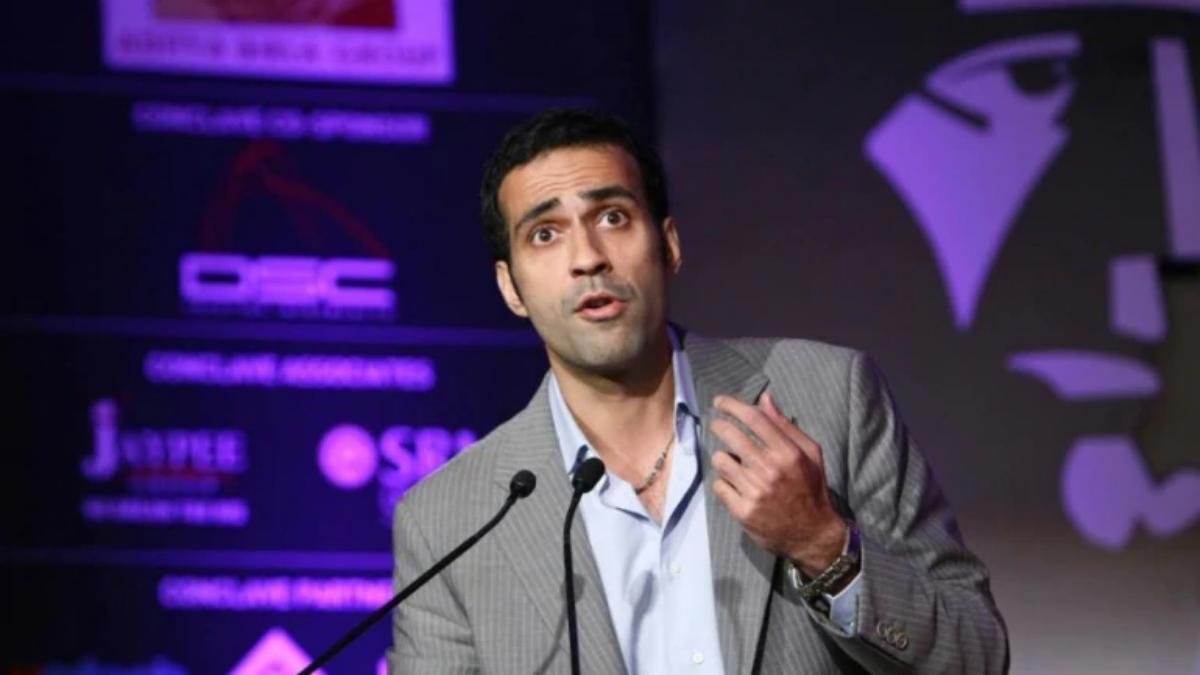India: revocation of journalists’ visa status must be reviewed
Aatish Taseer
11 November 2019 - PEN Delhi and South India condemn the recent revocation of writer and journalist Aatish Taseer’s Overseas Citizen of India (OCI) status by the Government of India.
The OCI status, provided to millions, acts as a permanent visa for those who possess it. Till this September, Taseer, a UK citizen with a US Green Card, was one such person.
Further, implied in this revocation of Taseer’s OCI status, is the possibility of him being put on a blacklist with respect to obtaining even a standard tourist visa for India. This would mean Taseer, who has lived and grown up in India since the age of two, may effectively be banned from traveling to India. He will be, in his own words, “an exile”.
The likelihood of this blacklisting has arisen because the Government has claimed that Taseer “concealed the fact that his late father was of Pakistani origin”. The Government also accused him of “obtaining OCI card by means of false representation and the concealment of material facts”.
But Taseer, in his application, had listed his father’s name and never tried to hide his identity. In fact, a number of his books - which have been widely reviewed and read - have extensively covered his past.
Taseer’s parents never married and were estranged when Taseer moved to India with his mother, the prominent Indian journalist Tavleen Singh. A single mother, Singh was his sole guardian and Taseer spent the majority of his life here.
Taseer was estranged from his father Salman Taseer—who is of mixed British and Pakistani heritage and who lived in the U.K. at the time of his brief relationship with Taseer’s mother. He did not meet his father until he was an adult.
At no time until this September was Taseer’s OCI status ever questioned or challenged by the Government.
Earlier this year, in May 2019, in the middle of a contentious Indian election season, Taseer wrote a cover story for TIME magazine headlined “India’s Divider in Chief” which was critical of the Indian Prime Minister and ruling party (as well as of the opposition). It attracted an official complaint from the Indian Government as well as sustained online harassment and statements from the ruling party and the Prime Minister which sought to discredit Taseer.
PEN Delhi and South India are concerned that Taseer has been targeted in retaliation to his writing and calls for a review of this decision and a restitution of Taseers’s OCI status. Denying access to the country to writers and journalists has the effect of a freeze on public discourse and goes against India’s traditions of free and open debate, and weakens its reputation as a democracy.

